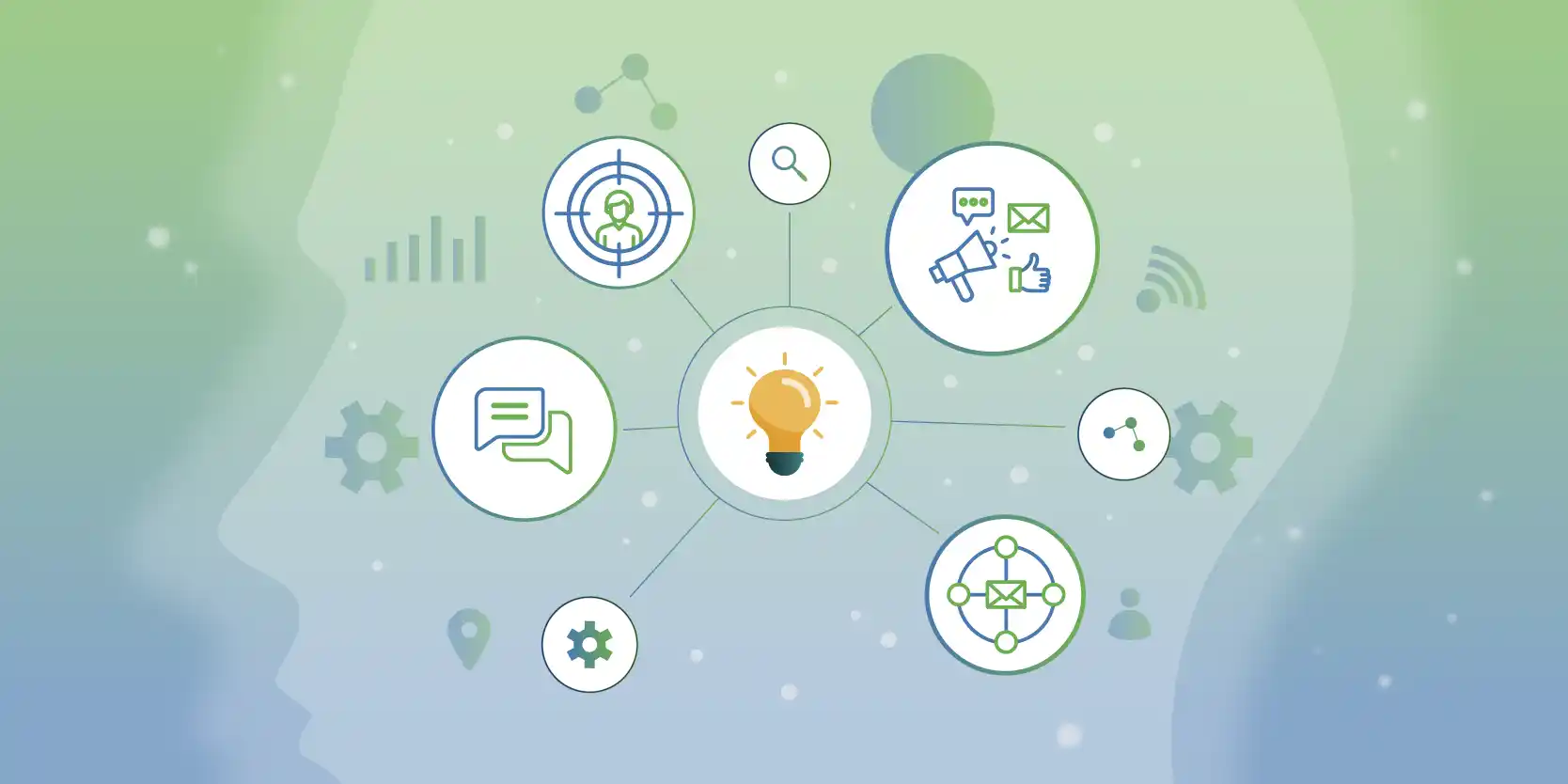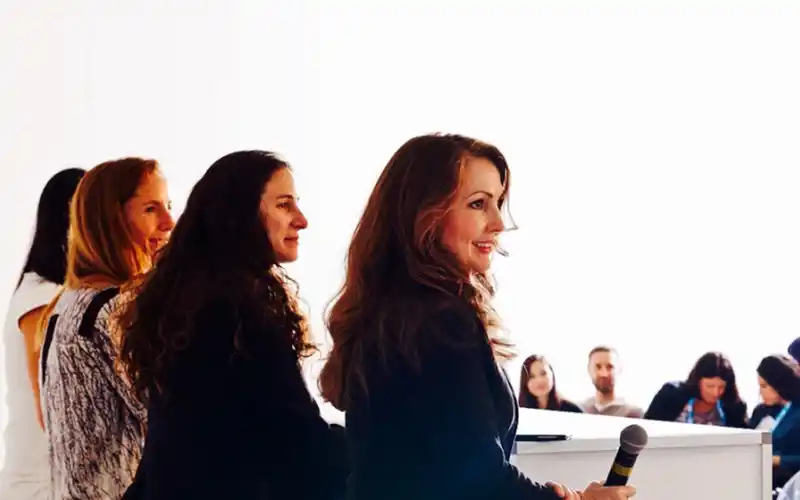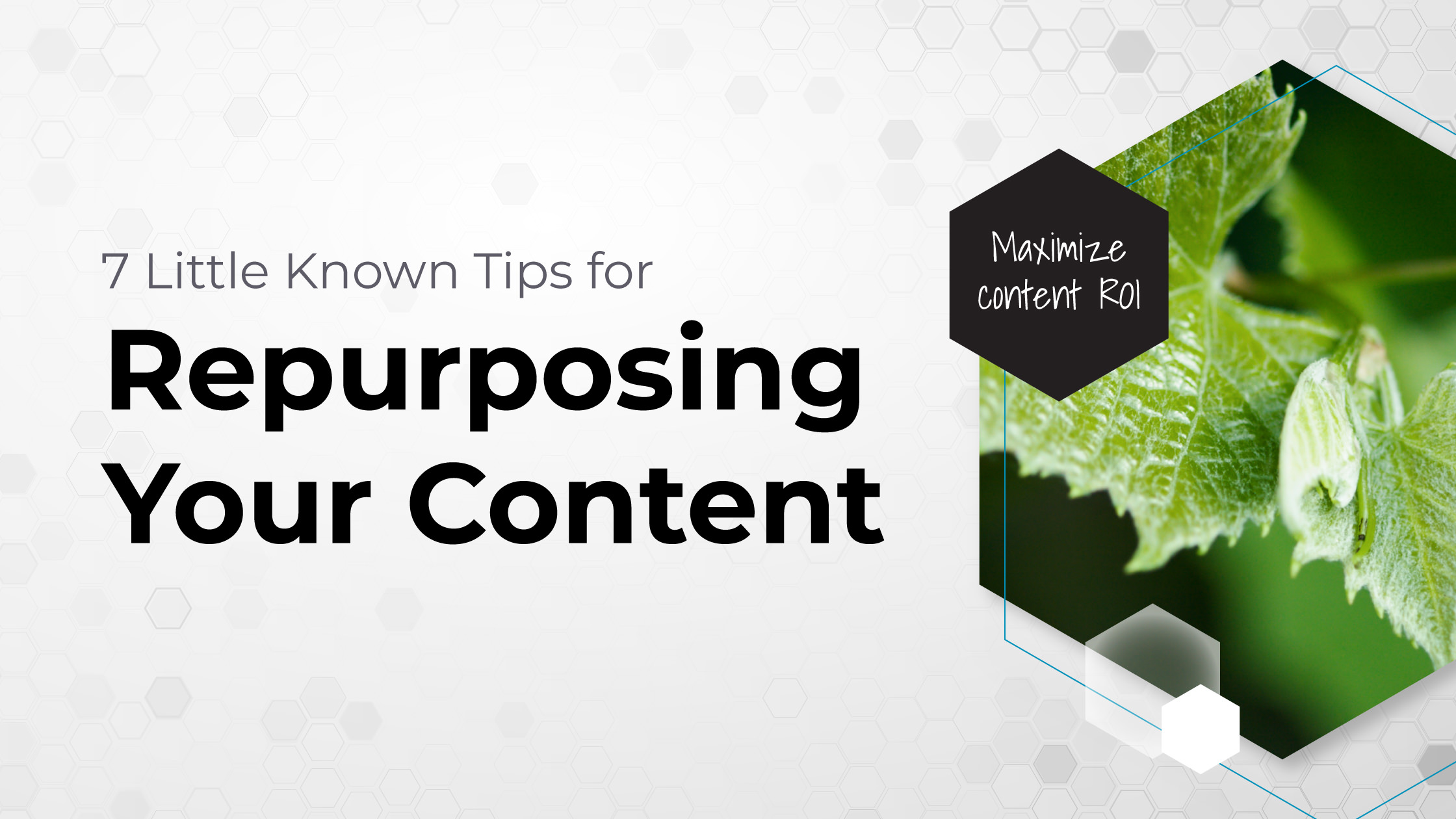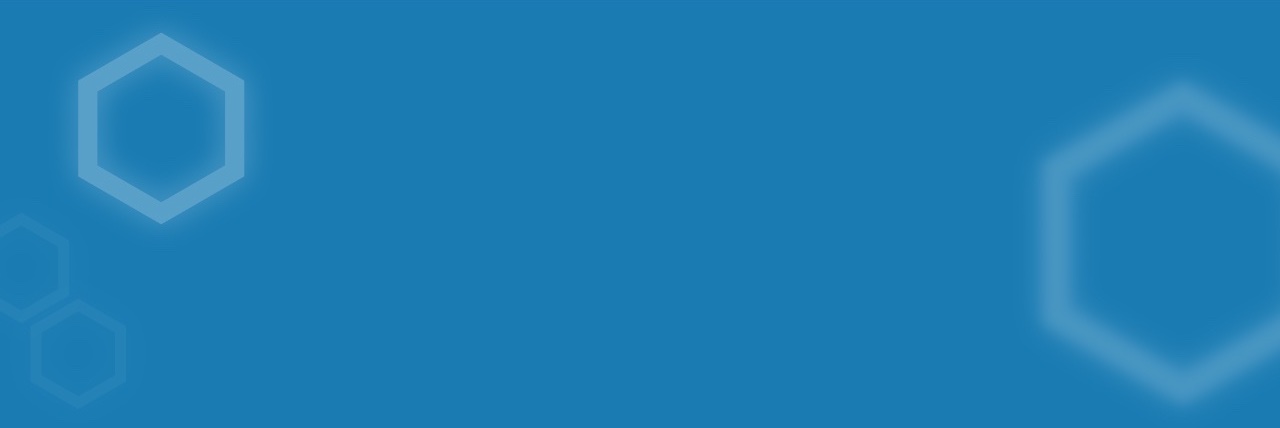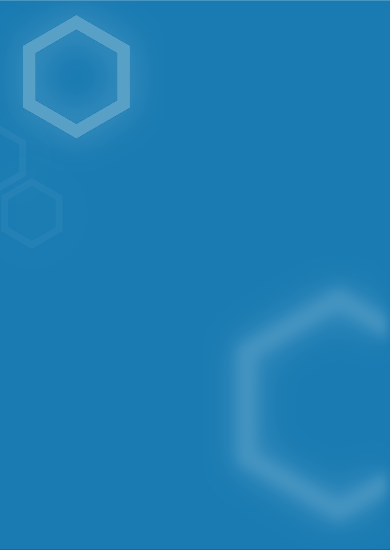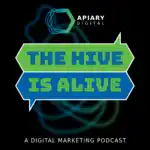
In Part 2 of our conversation with Michelle Robbins of Third Door Media, we get a behind-the-scenes look at how her team plans for industry conferences such as SMX West and MarTech Today. Learn how Third Door Media approaches presenting interesting and cutting-edge thought leadership on marketing through conferences. Michelle, an experienced speaker and moderator, shares insights into what makes a great talk for listeners interested in being a speaker at an industry conference.
Learn more on how to speak at an SMX event: https://marketinglandevents.com/smx/speaking/
Learn more about how to speak at a MarTech event: https://martechconf.com/submit-speaking-pitch/
Want more? Listen to other episodes
Full transcript (from transcription service)
Tess Barry
00:00:01 – 00:00:27
Welcome to the hive is alive. I’m. Your host has very. This episode is part two of our conversation with Michelle Robbins, if you’re interested in giving a talk at an industry conference. This is a great episode for you. Michelle is senior vice president of content, marketing technology, a third door media. She oversees editorial content for sites such as search engine, land and martech. Today, as well as hosting industry events, SMX and martech,.
Tess Barry
00:00:28 – 00:01:08
In part, one of our conversation, we discussed working with remote teams and ways to think about aligning content strategy with conferences. Take a look back in our office that list to listen to part one and part. Two. We get a behind the scenes. Look at the work that goes into hosting industry conferences. Michelle shares her insights into what makes a great presentation house speakers can prepare and some of her own experiences as a speaker and moderator at live conference. Events will now jump into a conversation with Michelle Robbins. So SMX west happened a few weeks ago. As of this recording, did you have a real aha moments during this a cemex while attending a certain talk.
Michelle Robbins
00:01:10 – 00:01:56
I find most interesting when I see a a speaker talk about a novel use of a traditional tactic, right, yeah, and what’s really what’s what’s something that everyone does and and doesn’t think too much about. But when applied over here, it was really incredible and and I know that I do see those things. I know that there are things that every one of our shows where you know I’ll make a note of like. Oh, that’s really interesting. go back and have the team look at that right. I also manage that technology team, so I’m always looking for tricks and improvements and things that we may have Mister haven’t seen and the last time that happened because I also attend a lot of other shows right. So I’m, like I, said I’m, not the best person for that question, but at a show in Munich and then shared with our audience as well.
Michelle Robbins
00:01:58 – 00:02:34
Sebastian Graham mom did a discussion on speed on page speed and on the things that you know, there’s the whole list of things that everyone kind of calmly knows. Okay, you know cash, your side, you know compress your images and compress your Java script and things like that. But then he had a couple of other things that were like wow. Okay, it kind of goes against common practice standards practices, but it actually makes a big difference in those more helpful than not so whenever you see things like that, those are always the things that I take away in goal with that’s interesting, and I wish I could give you a specific example from west, but I can’t.
Michelle Robbins
00:02:37 – 00:03:29
Sommar tax completely different and it’s fascinating and I love our martech events, because you really get a much broader picture of how people are using really large enterprise technology. It’s not it’s not just large enterprises using the technology. It’s you know smaller businesses and you know a variety of size companies, but it really digs into how people are connecting all of the technologies they’re using to effectively market throughout all of their channels.. And I love saying that so I’m excited to hear anything new about. You know there are so many platforms out there. There are so many platforms, so many different tools. It’s really hard to know which is going to be the most effective and does not apply to you so I’m. Looking forward to hearing about those new novel applications.
Michelle Robbins
00:03:30 – 00:03:45
Moving into going on to the stage and events like a cemex west, you moderate panels and talks between presenters. So what was your experience? The first time you moderated a panel at an event.
Tess Barry
00:03:46 – 00:03:49
So the first time I moderated a panel It was horrifying.
Tess Barry
00:03:52 – 00:04:26
Our session will close the last session, I think on the second day it was an SMX, advanced and I’m, pretty sure we were opposite the an AMA with Matt cuts and yeah losing scenario to be, and to start with- and my topic was but was about setting up wordpress right, it was about understanding what process is many many years ago, I don’t know, probably eight or nine years ago, at this point and I think I had eighteen people in the room and I was so grateful for those reason, why are you guys in there listening to Matt.
Tess Barry
00:04:28 – 00:04:49
It was, it was still a great session I had you know great panelists talk about the the ins and outs of understanding and hosting, and things like that. There was a technical session, but so yeah it’s. It can be tough because you’re not only you’re, not only wanting to put together a really useful and informative panel for the audience you want to have audience for the speakers.
Tess Barry
00:04:49 – 00:05:32
So much can can hands on what is, when is your topic? What is it up against and how important is that versus the other topics to those marketers at that moment in time, right and and what information is going to be of value to them right and consider that we plan our agendas months in advance, because people decide now on whether or not to attend the conference largely on its contents, obviously, so we have to have that available for them to see what they’re signing up for well in advance and That’s that’s really the trick and I think all conferences, probably struggle with that. You know what’s going to be topical, worrying about this now. Is this still going to be important in two months or something else going to be in. Organs and well as missteps the high wire act sometimes.
Tess Barry
00:05:33 – 00:05:34
Yeah I agree and.
Tess Barry
00:05:35 – 00:06:43
As a moderator to like there’s so many dynamic things that are happening, you have the audience listening, you’re trying to make the audience comfortable and also feel that they’re getting value out of what you’re doing. But at the same time, you’re trying to make the speakers comfortable and give them questions that prompt them to give really insightful answers like even just doing this podcast. It’s a real challenge to listen to what someone saying at the same time start formulating your next question and keep those goals as widely as possible. At the same time, we put a lot of preparation into E. R. sessions. We have a on the on the back and it’s distributed amongst a number of coordinator session coordinator, some planners, who are generally also the moderator for the session, but not always so when we’re doing our coordination, you know we have prep calls with the speakers to make sure you know speaker a is going to address something different than BMC and keep them in a separate and understanding the parameters of how the session’s gonna flow. Then we also We ask for tax and number of weeks in advance, I think usually about two weeks out which makes people crazy and they hated.
Tess Barry
00:06:44 – 00:07:34
What is the world changes next week and it’s not in my back and so I was trying to impress upon people like you can know something and talk about something and you don’t need a slide for it. So you’re right in everything, changes in the world and you just get up there and winning it because you’re a marketer. That knows what you’re doing, and you can do that. It’s not as important to have every fact on every slide right, but it is important for us to get that information in advance so that we can have a check and saying okay, yep they’re dressing, what we all talked about, what they said they’d address- and it looks like they’re gonna stay within their time frame, because you know you want the speakers to be respectful of the other speakers time as well, and you want to make sure that there’s not a lot of crossover of content. You know there was one year I wish I could remember what the chart as but I’m, not kidding. I think I saw five decks for one show that all use the same chart.
Michelle Robbins
00:07:36 – 00:08:21
It was like okay, somebody needs to change this out. People are going to tire of seeing this on screen. Really important for us that we get those things in advance, so we can understand what they’re gonna be talking about, and then it also helps us to formulate some questions in advance right. So we already know what they’re going to talk about this I’m going to ask them about that, and that gives us a little bit of a heads up and and the ability to be prepared. Even when we get to the Q. and a portion. It’s about planning communication and then things happen when they happen. So having that room to improvise when needed that those are like kind of the key elements to make, make good content and put it out properly and in the right time frame.. And it’s a challenge.
Tess Barry
00:08:23 – 00:08:35
If so, you’ve seen numerous speakers in talks over the years, so what are some tips and insights that you’ve noticed for making a great talk and being a good speaker.
Tess Barry
00:08:36 – 00:10:32
I think that the best thing a speaker can do is be prepared and really know, know what you’re presenting so there’s a difference between knowing a topic and knowing your Jack and your doctor doesn’t match what you really really understands. It has a speaker, you know sometimes I think that in some in some organizations, I think the person doing the talk is not the person creating the deck, and that is really evident when you get to the stage. Something else makes your deck for you, and you haven’t had a long time to really internalize and understand and understand the flow and the date and everything it’s gonna be evidence, because sometimes I almost feel like decks can be a little bit of an unfortunate crotch. Because then people rely on what’s in the deck versus relying on their own intrinsic knowledge of something and I always find that the best speakers are those who are first of all they’re talking about something they’re really passionate about, and they have a really big depth of knowledge about because, and even if they you know they can go off book right. They can, you know, restores our slides, not necessarily speak to everything, that’s on screen, but they’re still speaking to the topic in there speaking with or terribly because they really know what so I think the important thing for sneakers as don’t pitch for something that’s like well. I think I want to talk about this. It’s for things that you can really really get down in the weeds about, because what our audiences respond most to our speakers. That can provide really good tips and tactics, because most of them are coming to the shows to learn something new, to learn, something that they can take back and apply to their marketing campaigns and those kinds of tricks and tips. And you know some of the best best things you can learn from other speakers come from to somebody. You know talking about a topic, they’re passionate about the comment you made about speaking to a deck that you didn’t create I, find when putting together any deck. Just the process of formulating your thoughts into that format,.
Tess Barry
00:10:33 – 00:10:39
Make makes you realize how much you knew that you didn’t really realize you knew or how deeply you thought about it, and then.
Michelle Robbins
00:10:40 – 00:11:17
And that you can talk about it without those pages bear some kind of imagine the worst case scenario where the Eevee fails or the electricity goes out. Could you still talk about your topic? Yeah right and everyone should still be able to have a fifteen minute conversation with someone about the topic they were presenting on to really be a powerful, authoritative, speaker yeah. Maybe those are good, prep tips for a speaker to do a practice round of your talk without the deck have a conversation about it, not relying on your decorator notes to feel that you actually know that topic and you feel like an authority.
Tess Barry
00:11:17 – 00:11:35
Yes, I agree that would be That would be a fascinating challenge. I think for most people do that. It’ll do a panel like that were surprised when I can use your data in minutes, go. Suddenly, everyone’s like I’m, never speaking for a cemex ever again,.
Tess Barry
00:11:37 – 00:11:57
Okay, well, it’s interesting, though, because I do think that you know the people who are wanting to speak and are putting themselves out there. They do know who the contents right, yeah and I. Think you, if you didn’t, you, wouldn’t be putting yourself in that position because he was just like I did today. I want to get up and speak in a room full of strangers Nobody does that right.
Tess Barry
00:11:58 – 00:12:40
But it’s the people that do do it, because you know their passion about the topic and I want to get out there and they want to share their information with people and that that can come across whether or not you will remember every line and every bullet points and and everything that they could go on the screen. I remember I attended a workshop, but do you guys familiar with his work at all? I am spacing on the name of his incredible book, but it’s it’s essentially about the best ways to show data right. It’s not usually a pie chart, you know and he absolutely hates power points and he refuses to use power point and he won’t speak anywhere. That requires power point because he thinks power points, as is a horrible way to display data.
Tess Barry
00:12:41 – 00:12:59
Inside information- and he thinks it does, it does become a crutch and then people will just basically read the slides are read the bullet points, instead of actually digging into the topic. So yes, absolutely yeah. Sometimes it feels like there’s a speaker but really the deck as the authority, not the person presenting it.
Tess Barry
00:13:00 – 00:13:47
And you can feel that as an audience member, you can your cat and that’s why I think some of the best X. I’ve seen those that don’t have. They don’t have a lot of copy. They don’t have a lot of bullet points. They have. You know some data and some references and things like that, but you know the speakers not up there. Reading that back, right and I think that’s a great insight for maybe people who want to give a talk at an event to kind of develop their career. But maybe have some fears around public speaking or being in front of a crowd like that, but yeah. Just knowing that you’re, the one who has all the authority in information on the topic could be a way to provide some of that confidence. To talk in front of a room full of strangers, yeah absolutely is. It is weird.
Tess Barry
00:13:50 – 00:14:47
Have you noticed a change? Any types of speakers you’re, seeing at marketing events like diversity in speakers or the focus of talks are the backgrounds and job titles of speakers. I haven’t noticed a difference the special with ours, because we have a very specific audience and we need very specific kind of speakers. We need marketers that are doing the work to be talking about the work right but I have noticed that a lot more conferences are making really good efforts to have more diverse panels. To have speakers from a variety of backgrounds within you know, feel that they’re in meaning we’re seeing more diversity across genders and cultures and and things like that more than you used to, and that’s an incredibly positive thing right, like you were saying you want to get with you, when you have a topic, you don’t want the same thing being said over and over. So it takes different backgrounds and points of views to accomplish that. Absolutely.
Tess Barry
00:14:48 – 00:16:44
Are you seeing a difference in the attendees has like the just using a sample size of conferences? You see a difference in the make up of attendees at marketing events you know I feel like our audiences have always been relatively fifty. Fifty the male to female might have to go back and look at some demographic data to confirm that I can tell you what’s remained more static. Unfortunately, is the gender makeup of who pitches for shows, because I know this is been a big. You know that as part of that getting more diverse panelists and getting to to fifty fifty parity, men and women much less than diving into getting better diversity across cultural backgrounds. It’s been a challenge because we’re very active in going after speakers right approaching people and specifically recruiting, but what I can tell you is that historically in this is over a ten year timeline, because every couple of years, I reanalyzed the data we only got about. Thirty percent of the people pitching for our shows are people we can identify by their name, because we don’t ask gender when people catch if they’re, male or female, and since we do better than that with our panel overall. Our number of speakers, but the you know, thirty, seventy split male to female hasn’t changed and that’s that’s disheartening to me because there’s been so much so much publicity about people wanting more diverse panels. You know people encouraging women put yourself out there, put yourself forward and I’m, just not seeing it in our dataset and I’d like to see more women out there pitching for shows. That’s really that’s really interesting, I think I’m. Having that insight is helpful, and hopefully listeners hear that inspires more women or people from various backgrounds to pitch to do talks.
Tess Barry
00:16:45 – 00:16:53
That’s our hope, that’s our hope.. Thank you again to Michelle Robbins for joining us on. The hive is alive and thank you to our listeners for joining us.
Michelle Robbins
00:16:54 – 00:17:36
You can learn more on how to apply to be a speaker at an upcoming conference by visiting our website, apiary digital dot com and checking out the show notes for this. Podcast episode join us on our next episode, where I speak with a consultant, Miguel Bravo about the development of chat bots and how brands can best leverage them. Please feel free to follow up with thoughts or questions by emailing us at podcast, Aperio, digital dot com. Following three, does it very digital and subscribe to our show? The hive is alive, is produced by a beer, a digital media, collective editing, help from Holly Helton produced by Miguel, Bravo, test, berry and Karen Emmons, and- and we will see you around- the water cooler.
